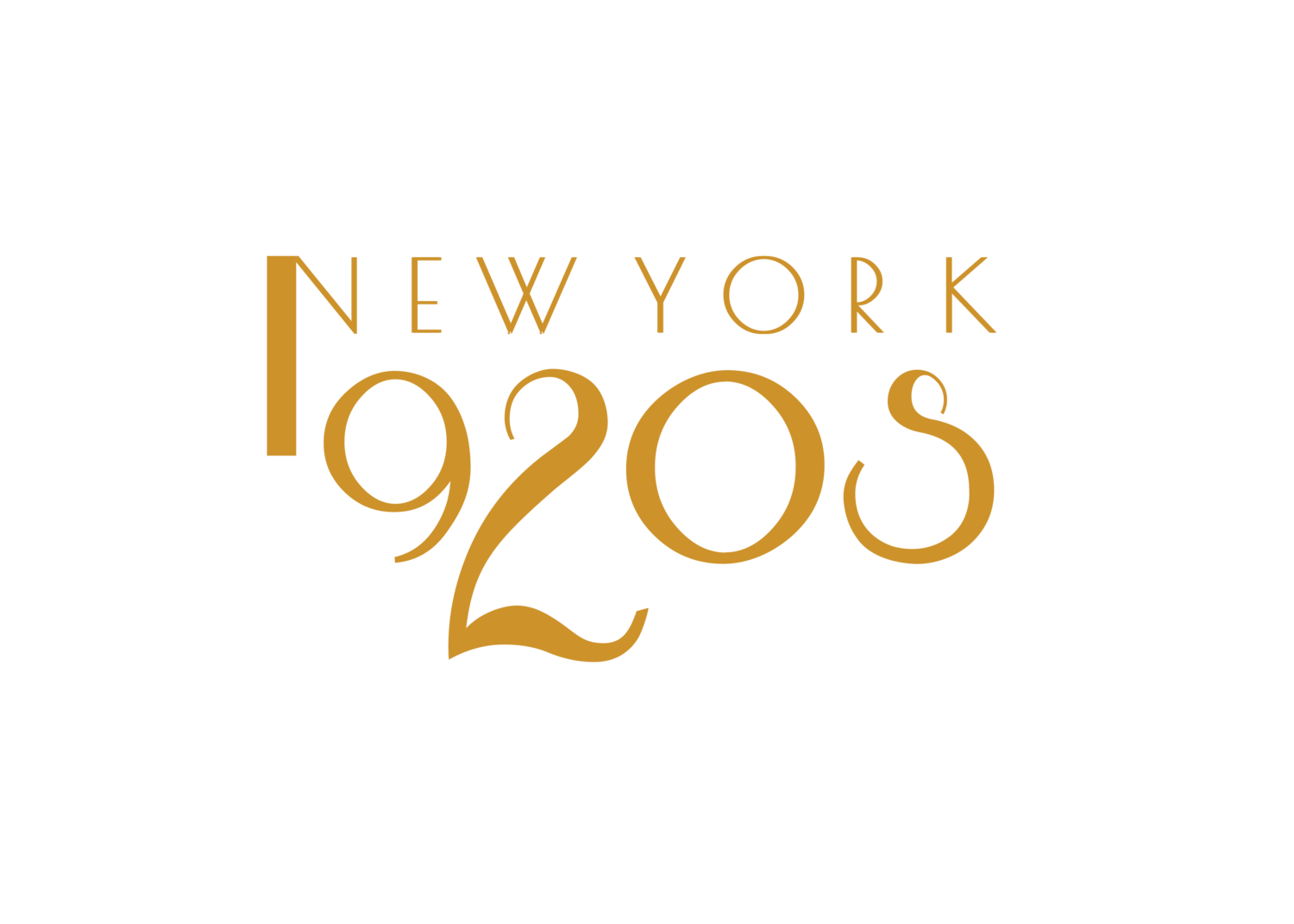the darktown follies at the lafayette
One hundred years ago today … Darktown Follies was entering its final two weeks of performances at the Lafayette Theater, 7th Avenue and 132 Street.
New York Age, 13 November 1920, p.1. Chronicling America.
New York Age, 13 November 1920, p.1. Chronicling America.
New York Age, 13 November 1920, p.1. Chronicling America.
This Darktown Follies was labelled "the 1920 Edition" as if to nod to its complicated origins. "The Darktown Follies" was initially the name of a stage company formed by actor/director/composer J. Leubrie Hill. In 1913 he had produced the original Darktown Follies, which borrowed heavily from an earlier show My Friend From Dixie.
The Darktown Follies debuted at the Lafayette on October 27, 1913 and became a sensation. James Weldon Johnson wrote that "[I]t became the vogue to go to Harlem to see it. This was the beginning of the nightly migration to Harlem [by whites] for black entertainment." (Black Manhattan 173). Florenz Ziegfeld, upon seeing it, changed direction of his own Follies to incorporate imitations of Black performance. He also bought the rights to several of the songs, including Leubrie’s “At the Ball, That's All,” which you can hear a 1916 recording of here.
This photo shows Leubrie's company in 1915:
Schomburg Center for Research in Black Culture, Photographs and Prints Division, The New York Public Library. "Portrait of J. Leubrie Hill and his famous Dark Town Follies of 1914 and 1915." The New York Public Library Digital Collections.
Jesse A Shipp directed the 1920 Follies. The musical director, Marie Lucas, is a fascinating figure, a trombonist, arranger, and conductor who led an all-female band in Harlem, and later, at the Howard Theater in Washington, D.C. Her parents were professional musicians: Sam Lucas, a legend of the minstrel circuit, and Carrie Melvin, an accomplished multi-instrumentalist. She is credited as one of the composers of classic songs such as "I Ain't Got Nobody (Just A Gigolo)."
References/Further Reading:
Johnson, James Weldon. Black Manhattan. (1930) Hachette Books, 1991.
WRITTEN BY JONATHAN GOLDMAN, NOVEMBER 16, 2020
TAGS: Black theater, musicals, Harlem Renaissance, African American history, dance, jazz, music, vaudeville, women in music
A_Century_of_Musicals_in_Black_and_White/




